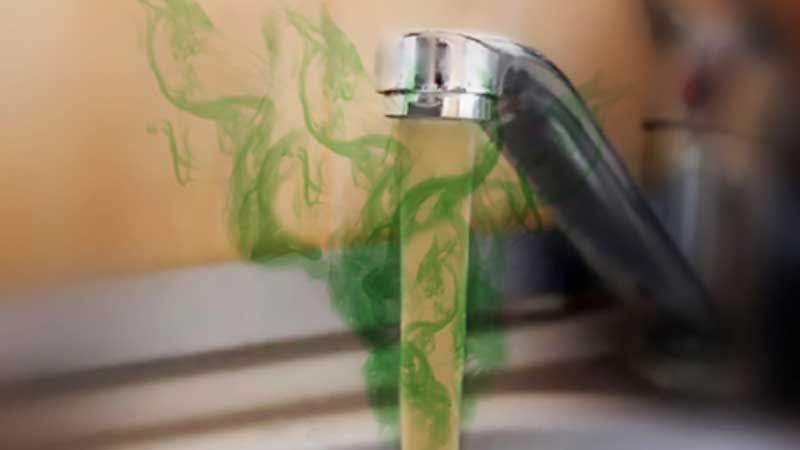
One may have noticed an odor coming from our home’s water system. Water odors can be indicative of certain conditions, but are not always a cause for concern. Water odor issues can be caused by a variety of reasons such as water contaminants as well as water purification treatments. Here are some common water odors and their causes:
Mustiness: When water sits in piping or an appliance for a long period, you may smell, or even taste, mustiness in the water. This water is safe to consume, but if the odor bothers you, flush your taps to clear the “stale” water from the lines. Algae outbreaks or certain weather conditions can also contribute to an earthy or musty taste in water systems using surface water sources. When this occurs, the water engineers at your concerned water utilities will adjust the treatment process to treat such odors.
Rotten Eggs or Sulphur Smell: Water held in a poorly maintained hot water heater can grow sulphur bacteria and begin to smell like rotten eggs. Water can often obtain a rotten egg smell when the hot water tank has not been flushed regularly. It is likely you’ll only notice the smell in hot water, rather than in cold water. Flush your hot water tank as per the manufacturer’s instructions to clean the holding tank and remove the odor.
Sewage: Often, drain smells can give the impression of your home’s water smelling foul. If you think you smell sewage or other foul odors in your water; fill up a glass and move away from drains. Smell the water to see if you notice the odor – if not, you could have a plumbing issue in your home that needs to be remedied. If your water still has a sewage smell.
It is often noticed that drain smells can give the impression of our home’s water smelling foul. Bacteria building up due to decaying matter in pipes. A variety of nasty things can grow in the dark recesses of dirty plumbing, including algae, fungi, and a range of bacteria, to create a musty water smell. If experiencing any of these issues, it is possible that the water supply or the plumbing system is to blame if the odor persists. One can try removing odor from water by using activated carbon filters or reverse osmosis systems. If still experiencing issues with water odor after trying these methods, it may be best to contact a professional plumber for assistance.
Water Treatment Devices: Water filtration devices can also lead to odor or taste issues if they are not properly maintained according to the manufacturer’s guidelines.
Removing odor from water can be done through treatment in the form of activated carbon or oxidation-reduction. Aeration is also another treatment method which can be used as long as the contaminants are gas sources, such as hydrogen sulphide. Chlorine is the most widely used oxidant to remove odor from water, but at best deemed mildly effective. Oxygen and potassium permanganate are also only mildly effective water treatment solutions. Oxidizers such as ozone and chlorine dioxide are by far the most efficient in eliminating odor from water. The extent of activated carbon’s success in treating smell from water relies upon the existence of organic. If the smell is due to H2S, a green sand filter or degasifier is a good alternative for this type of odor reduction. Greensand filters utilize a special coating of manganese oxide which corrodes hydrogen sulphide gas to hard sulphur minerals, which are then filtered out. Degasifiers function through clearing hydrogen sulphide from water and decreasing the overall smell of the water.